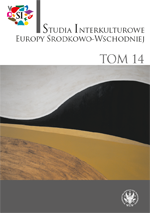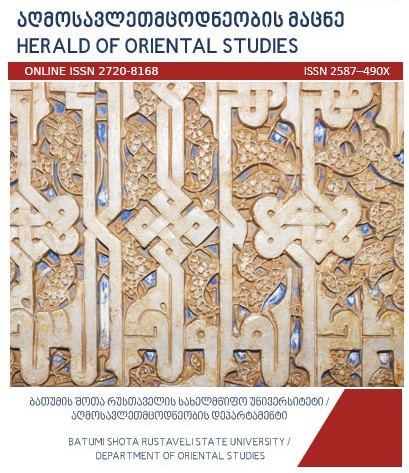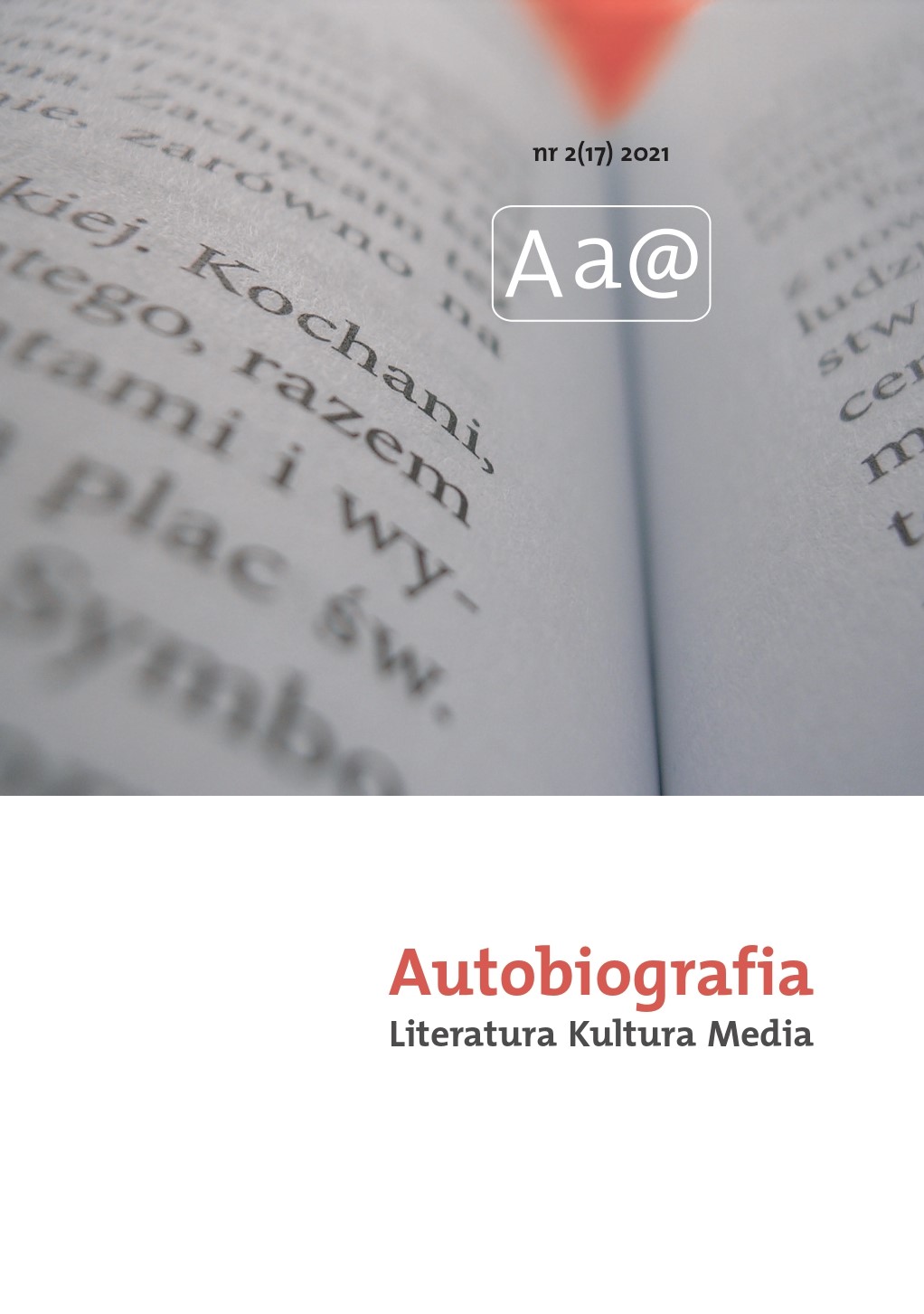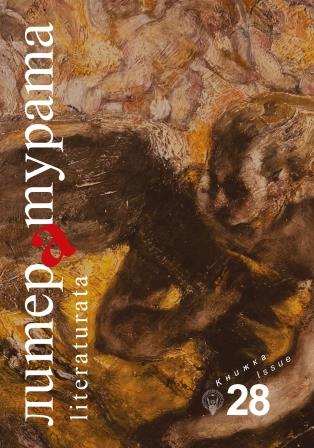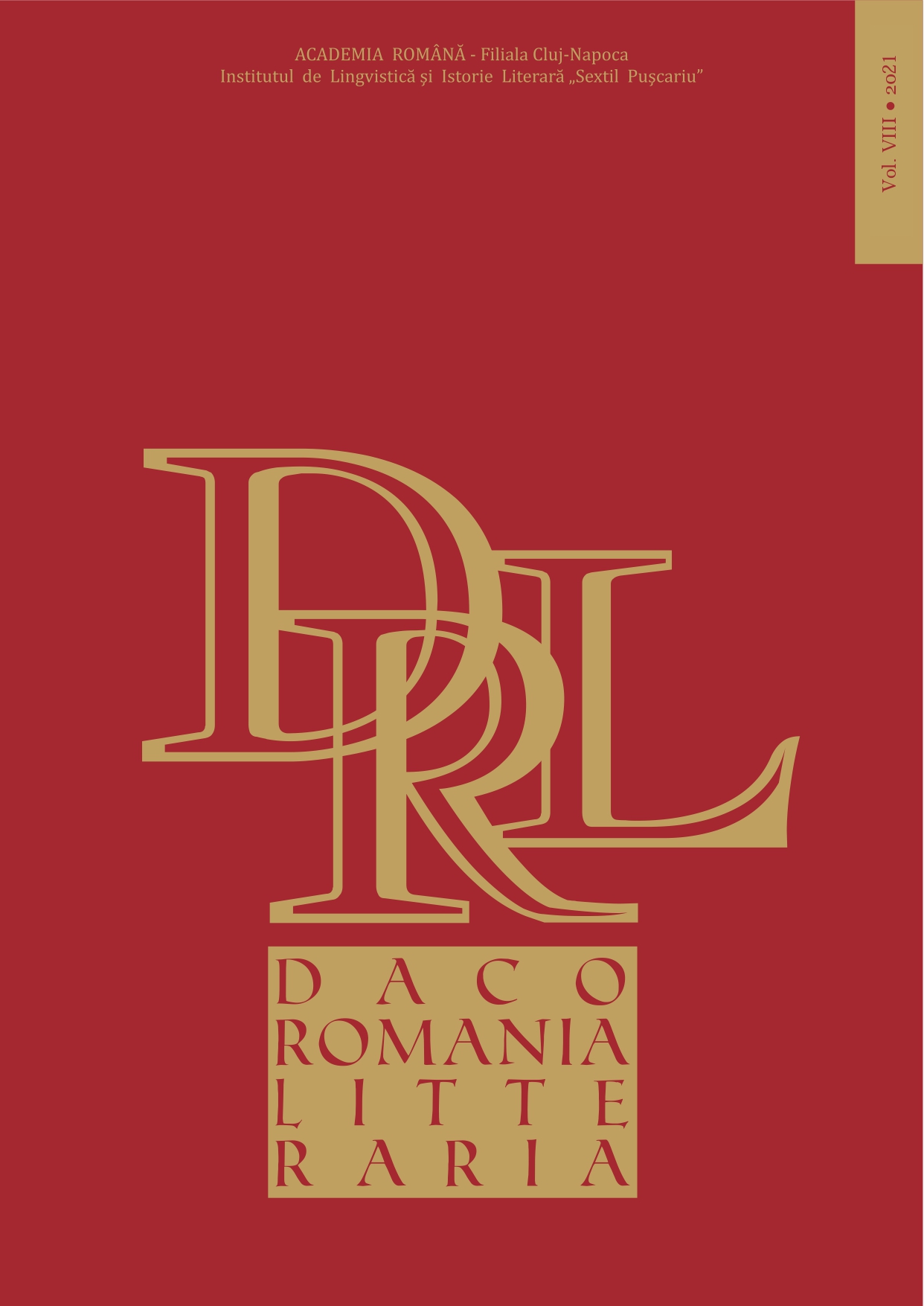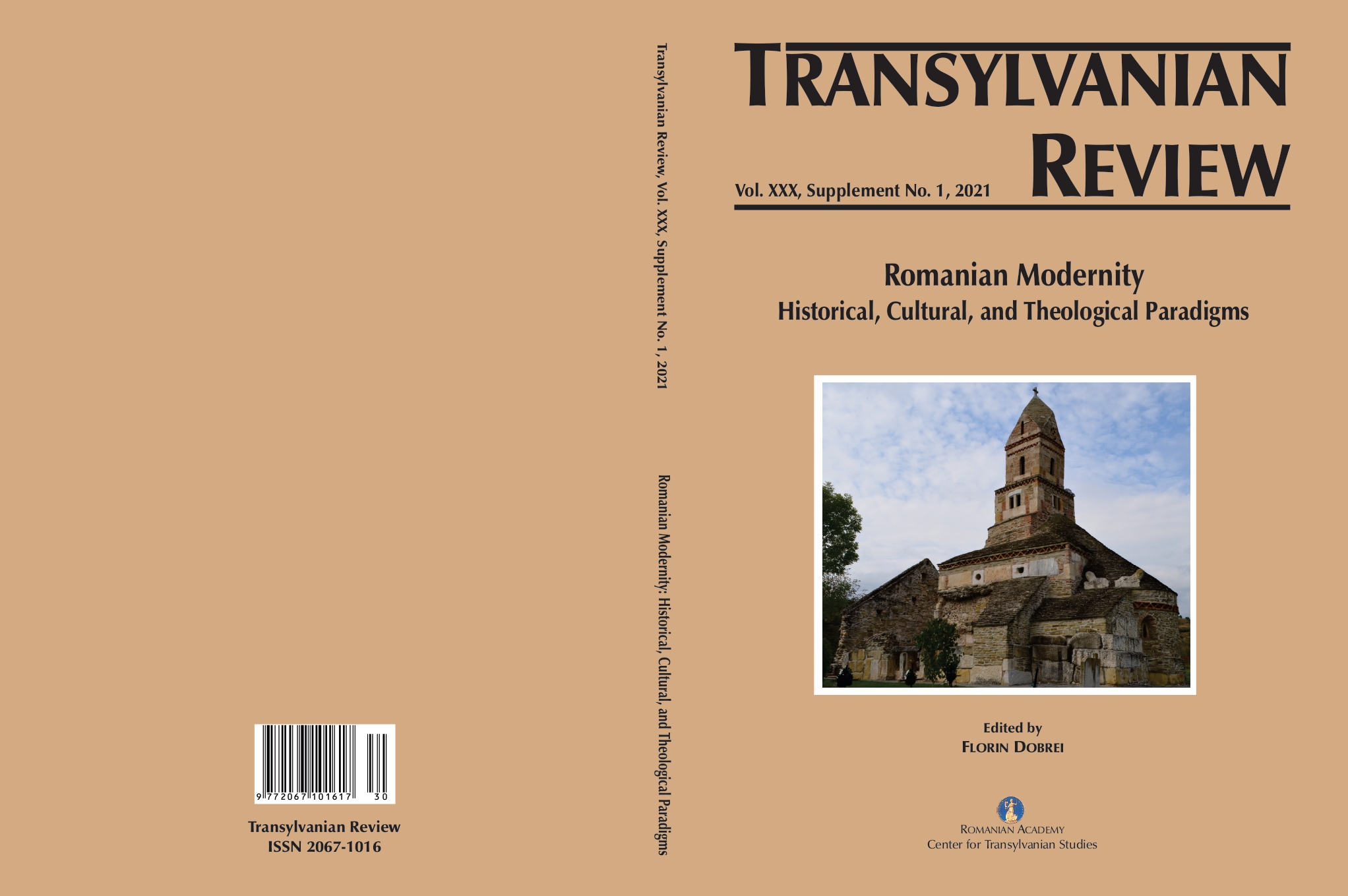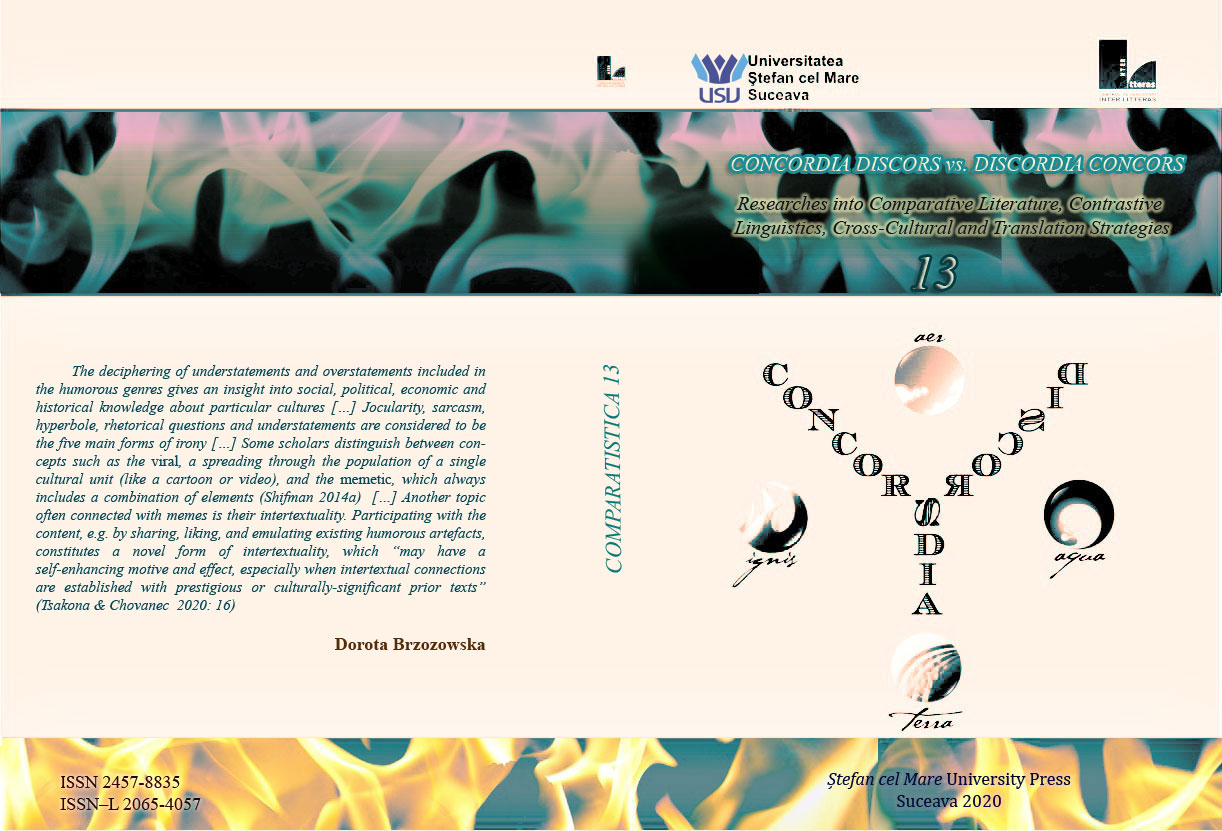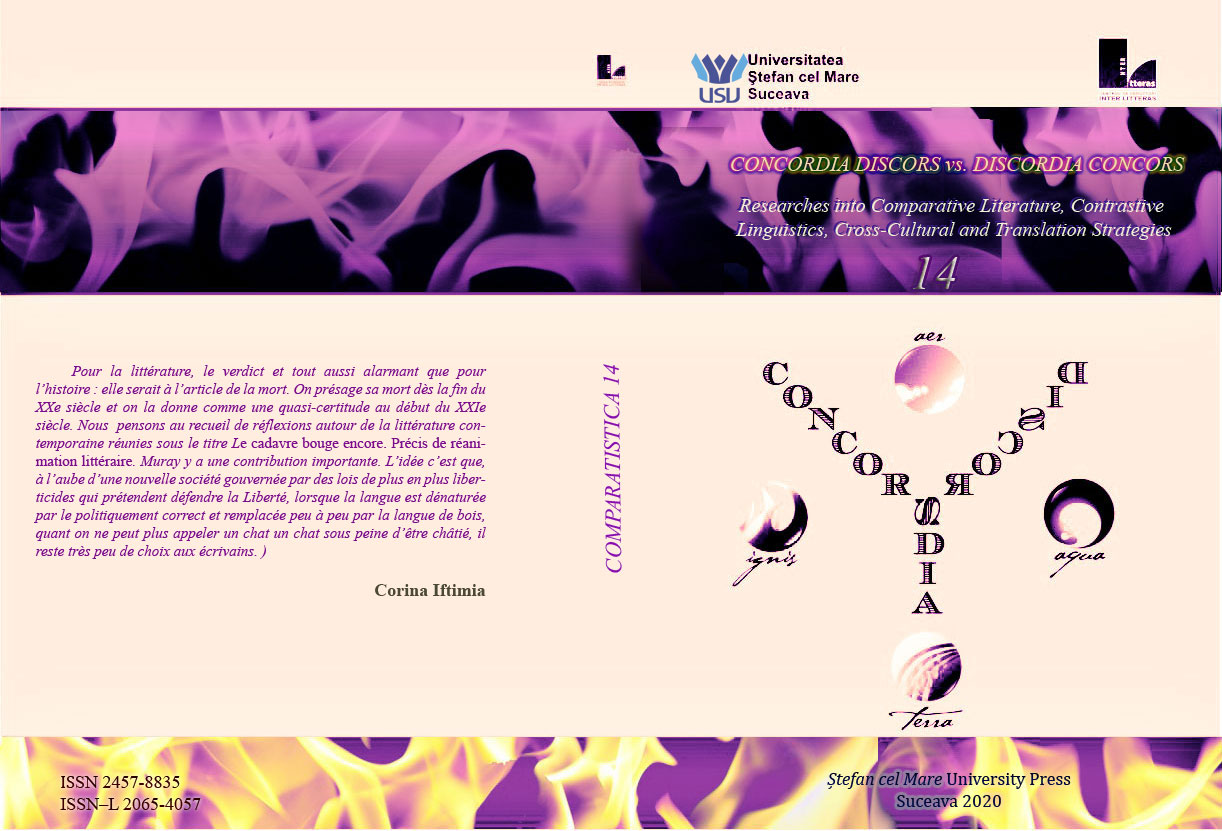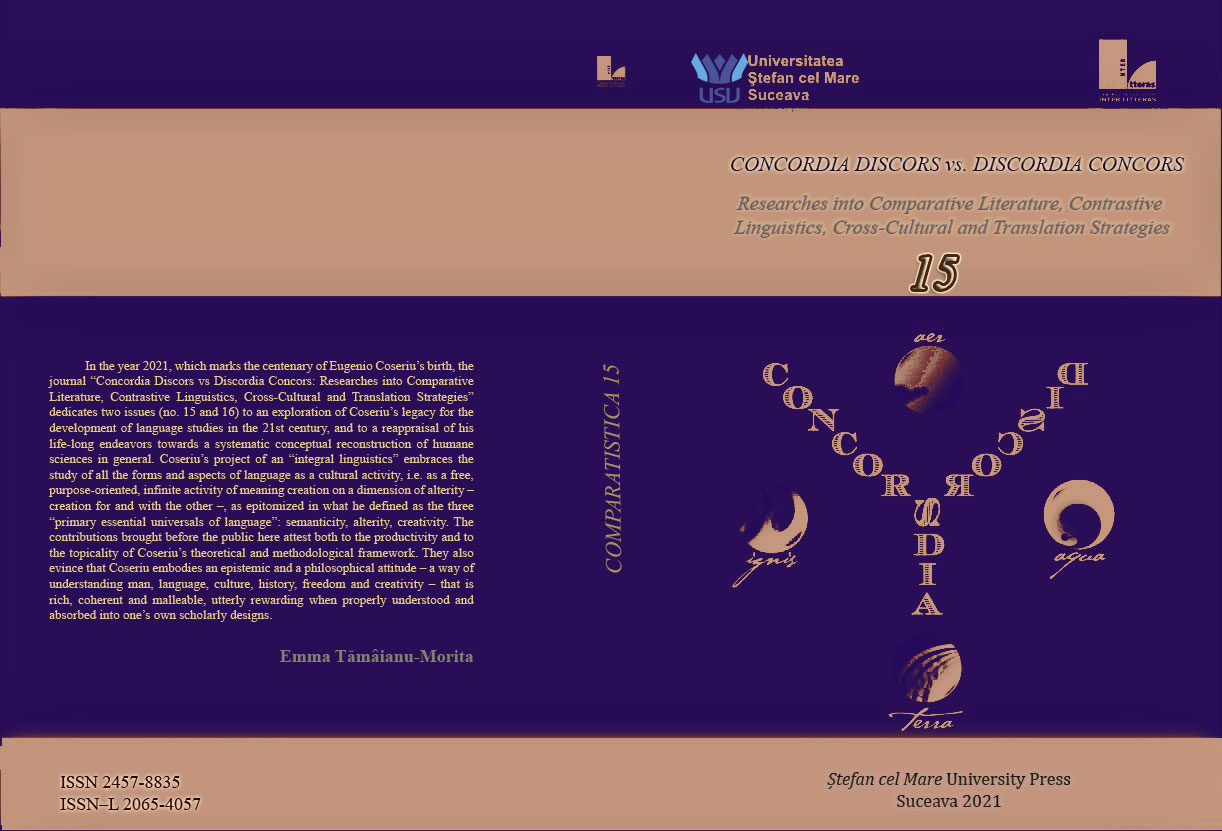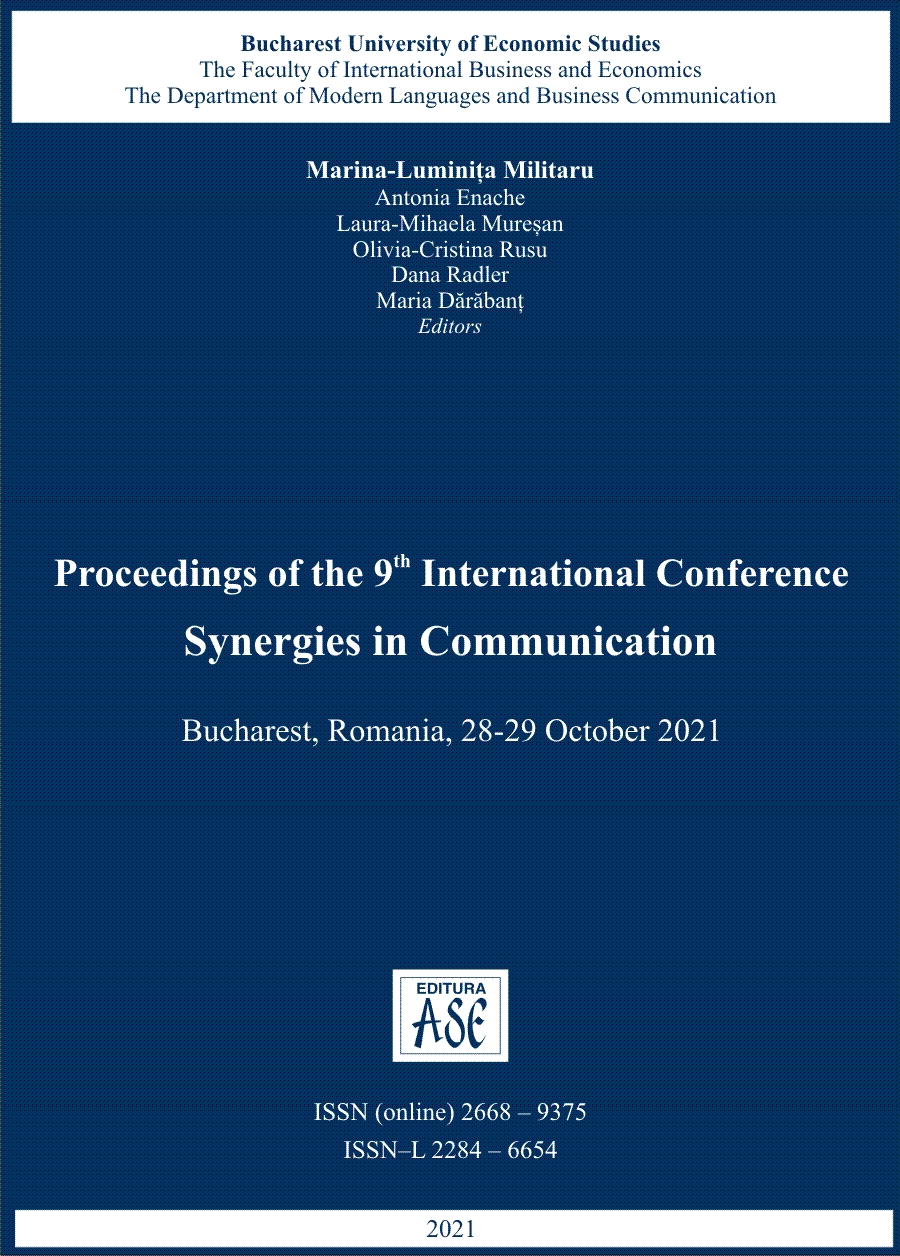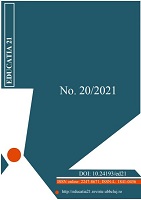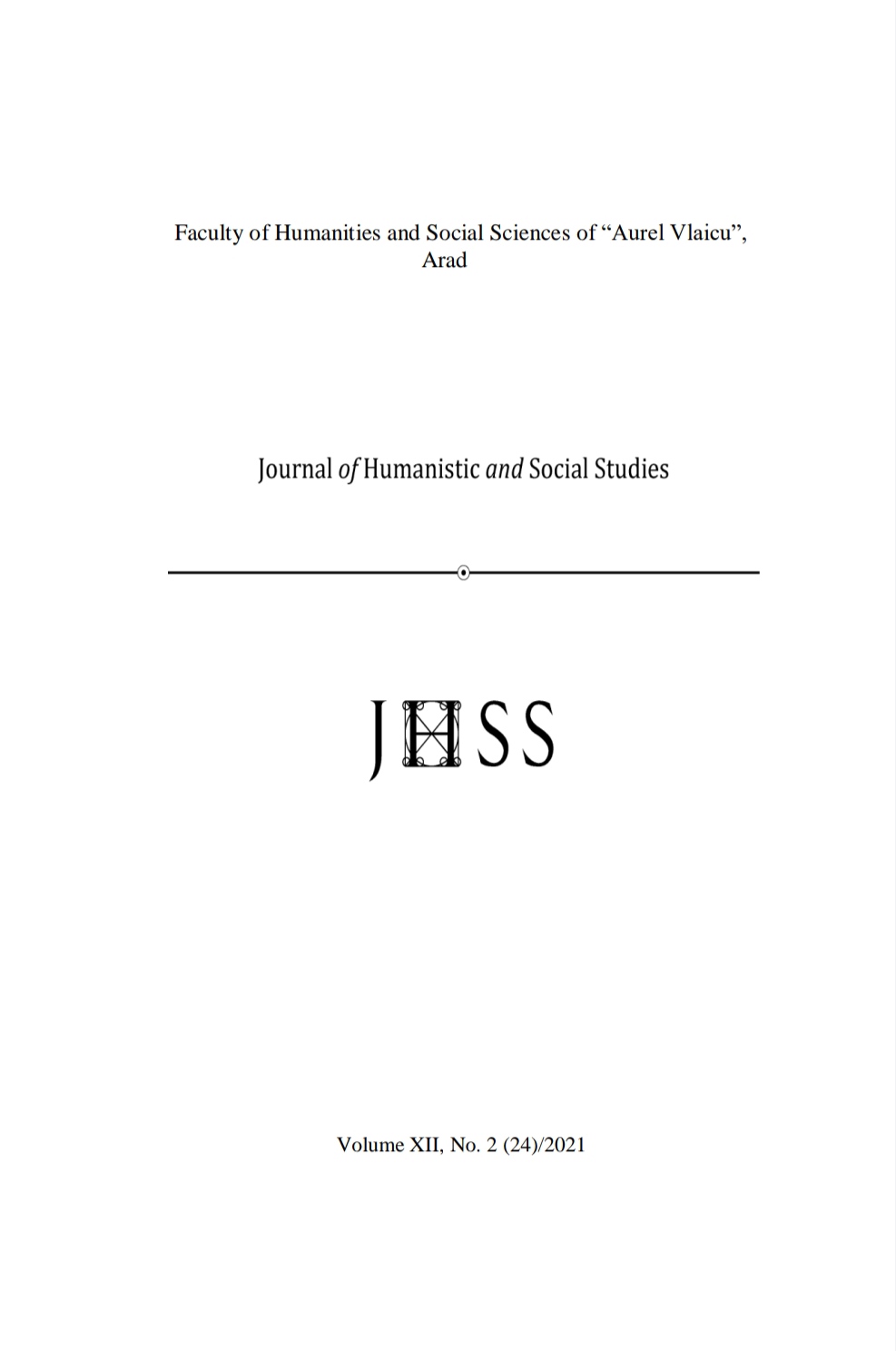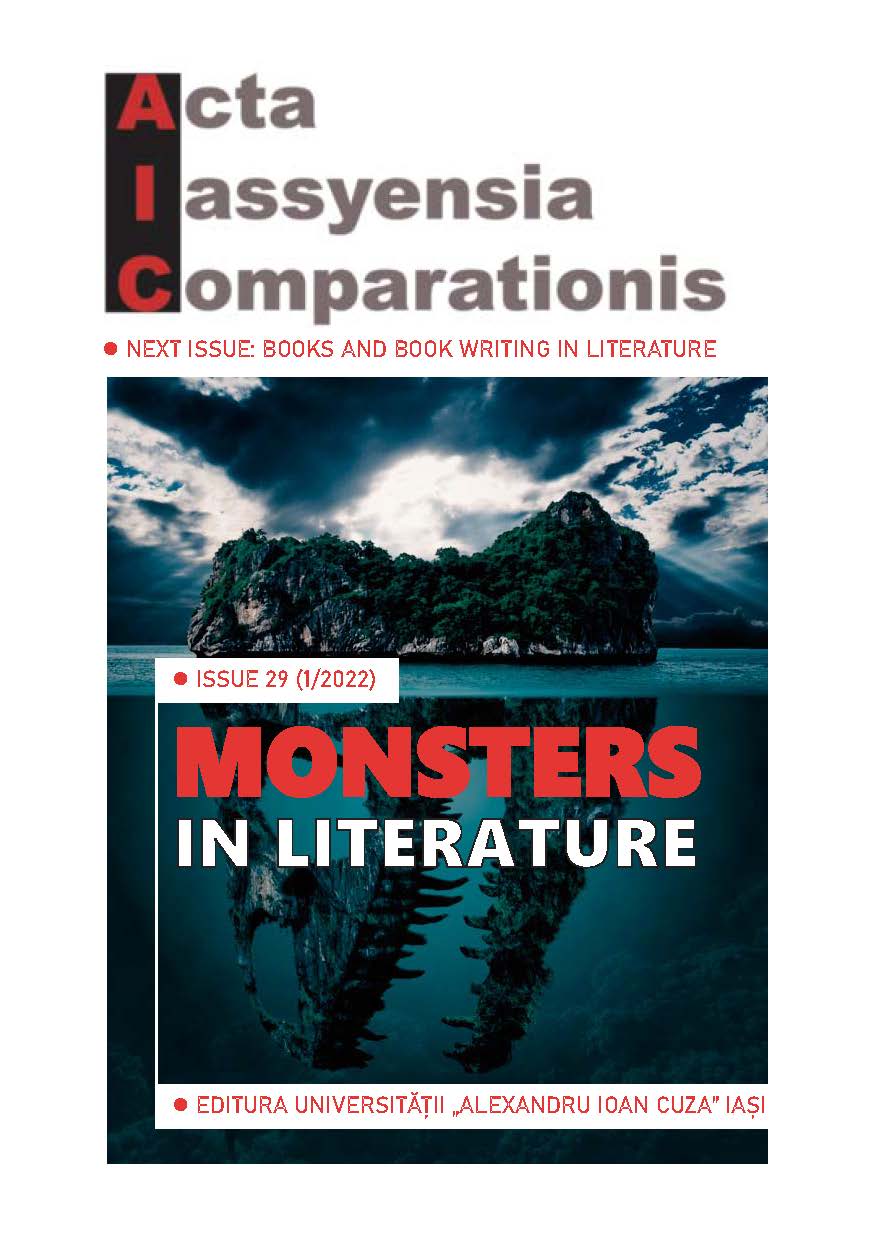Author(s): Claire Monk / Language(s): English
Issue: 2/2021
This essay advances the conversation around the subject of Forster and adaptation – or Forsterian adaptation – by appraising the current state of Forster/ian adaptations scholarship and proposing conceptual and methodological tools for advancing the study of this field. As a cross-disciplinary scholar of film, adaptation, literature, popular and critical reception, and digitally enabled participatory culture, I write with the more specific goal of heightening and extending transdisciplinary awareness of the materials available to be studied, the available methodologies, and their merits and limitations, while identifying issues and challenges for the development of a Forster/ian Adaptation Studies. Structurally, the essay proceeds by identifying ten ‘themes’ – or important considerations – for the study of Forster/ian adaptation. The ten themes look substantially beyond ‘page-to-screen’ adaptation studies to demonstrate the roles and impacts of institutions, institutional practices, personal relations, the successive ‘new’ media of the past century and their advancing technologies and practices, commercial forces, and Forster’s literary estate (as the rights-holders and royalties beneficiaries for his works); while also calling for a closer, evidence-based, attention to film and media adaptation and production processes and their adaptational consequences; and foregrounding the importance of the visual and unscripted – performed, embodied, intangible and even accidental – elements and determinants of audio-visual adaptation. Temporally, the essay conceptualises the field of Forster/ian adaptations by proposing that there have been three phases of Forster/ian adaptation. Phase 1 (1942–1973) comprises those adaptations of Forster’s stories and novels written and produced (broadly) during his lifetime, always for non-cinematic media. Phase 2 comprises the 1984–1992 era of the Forster feature-films cycle, instigated by a (widely disregarded) institutional shift which brought a step-change in the nature of Forster adaptation: for the first time, the development of new adaptations of Forster’s novels, going back to the source, became the norm. Phase 3 comprises everything that comes after the 1984–1992 Forster feature films, plus certain earlier adaptations which fall outside the ‘classic adaptation’ category. This third (and current) phase is characterised by its heterogeneity: adaptation to a range of media, across a range of forms and aesthetic approaches, by creators with varied interests, but, I propose, spanning four main areas Sci-Fi Forster, Queer Forster, The Revisionist or Condescending Forster Adaptation, and twenty-first-century Forsterian Bio-Drama, Bio-Fiction and ‘Literary’ Paratexts.
More...
